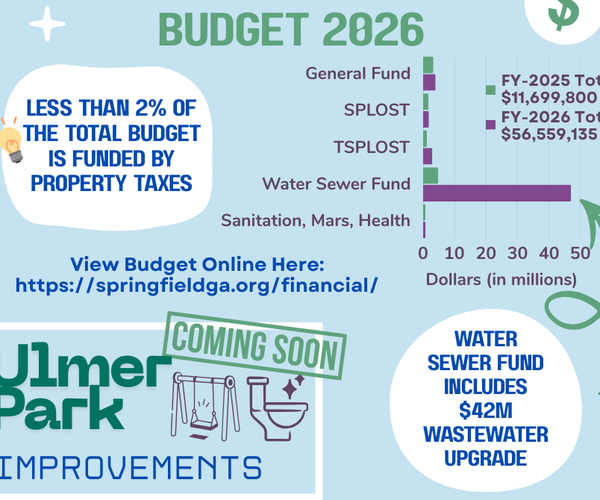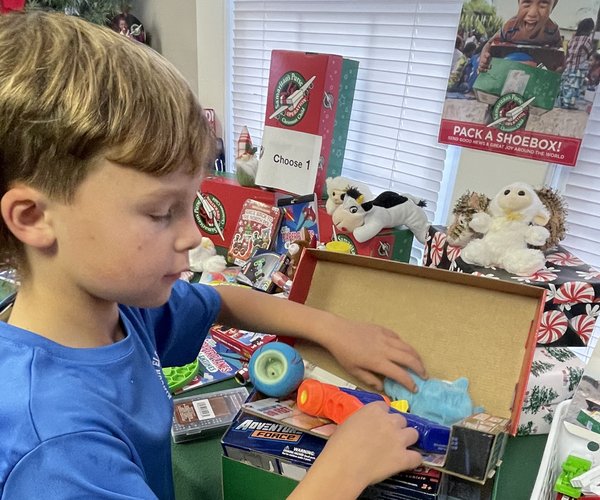SPRINGFIELD – In 2019, Superior Court judges in the Ogeechee Judicial Circuit opted to establish a separate court for juvenile cases. The circuit, which encompasses Effingham, Bulloch, Jenkins and Screven counties, was the last of 49 in Georgia to make such a move.
Judge Melissa Calhoun: Separate juvenile court working well





